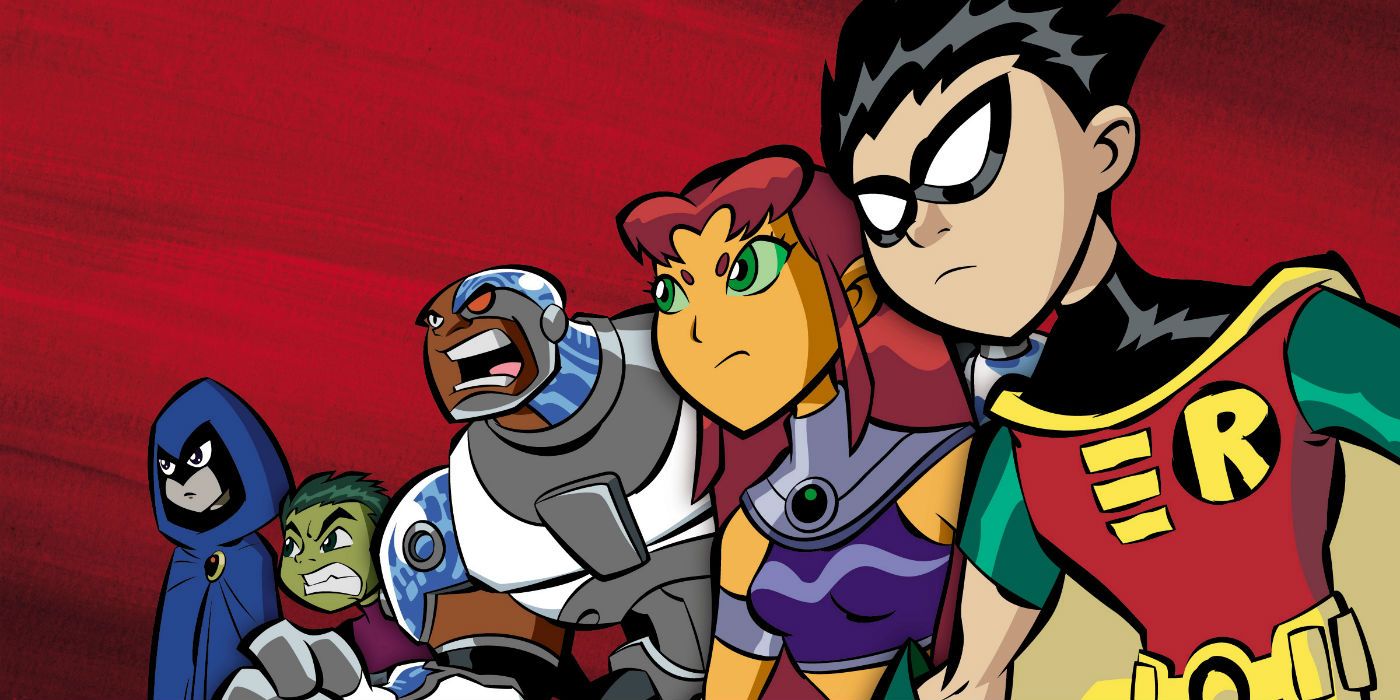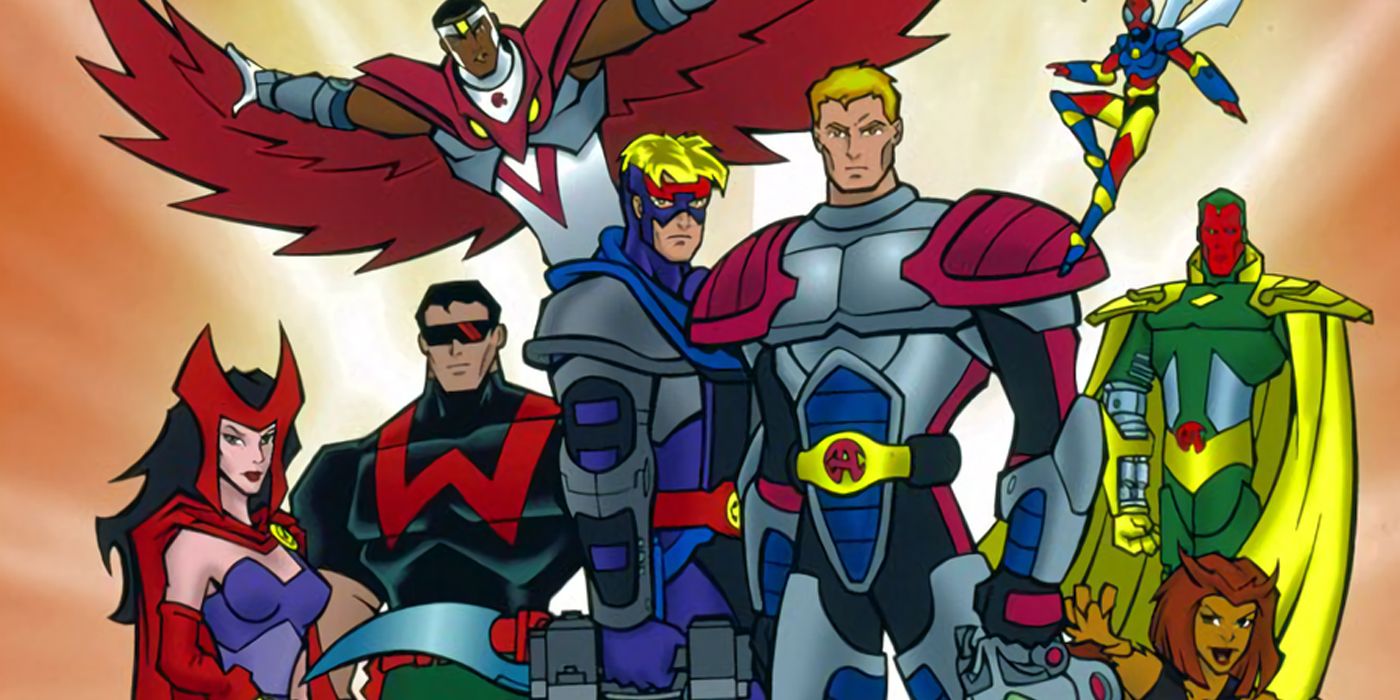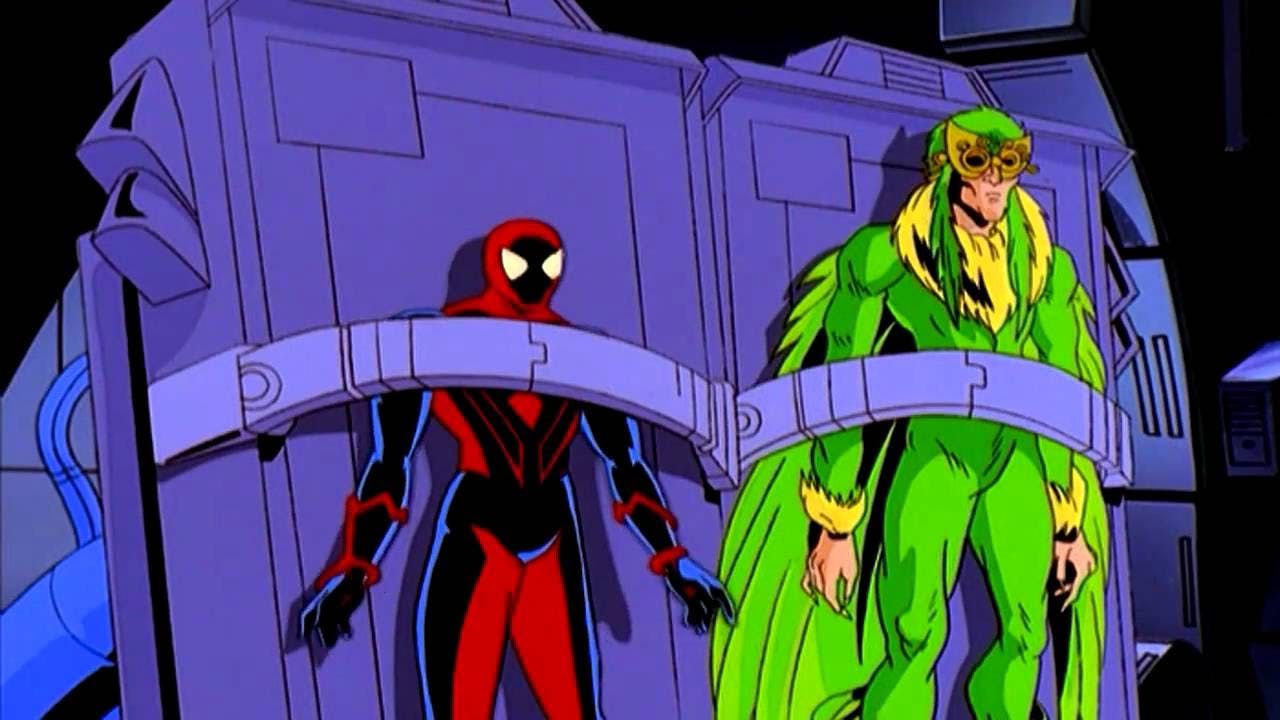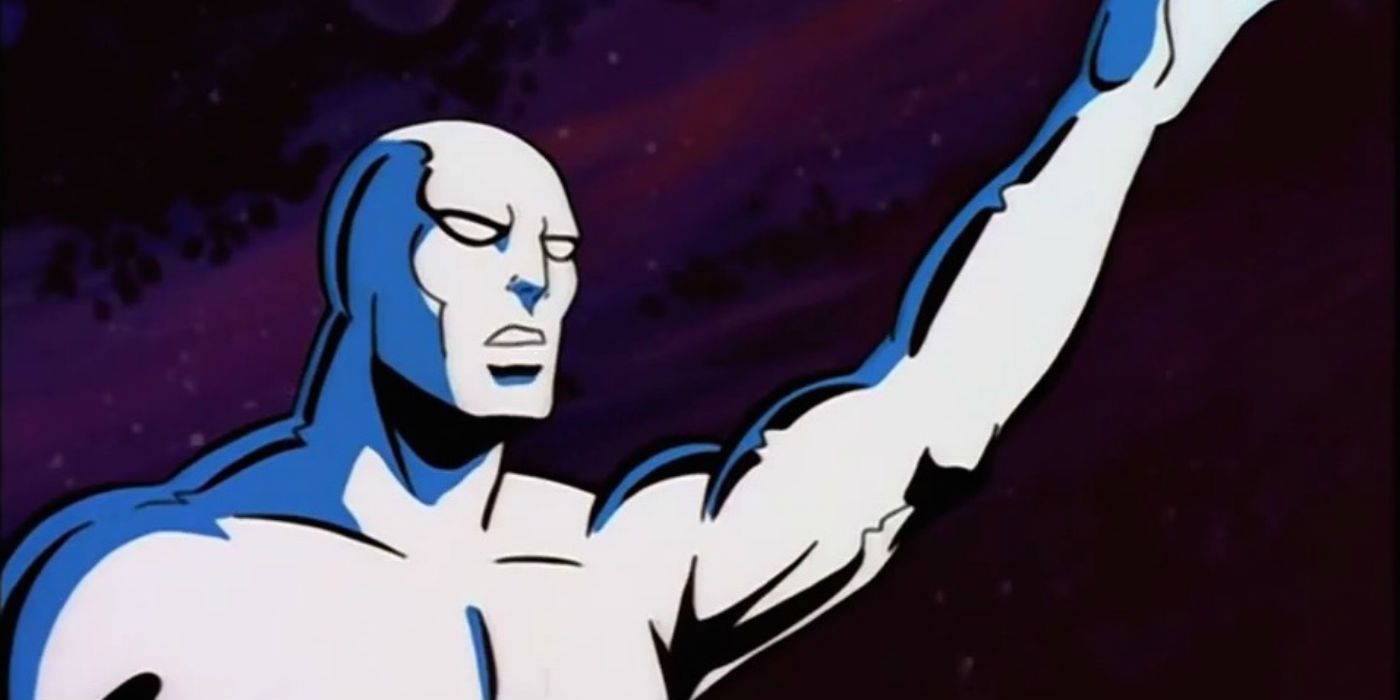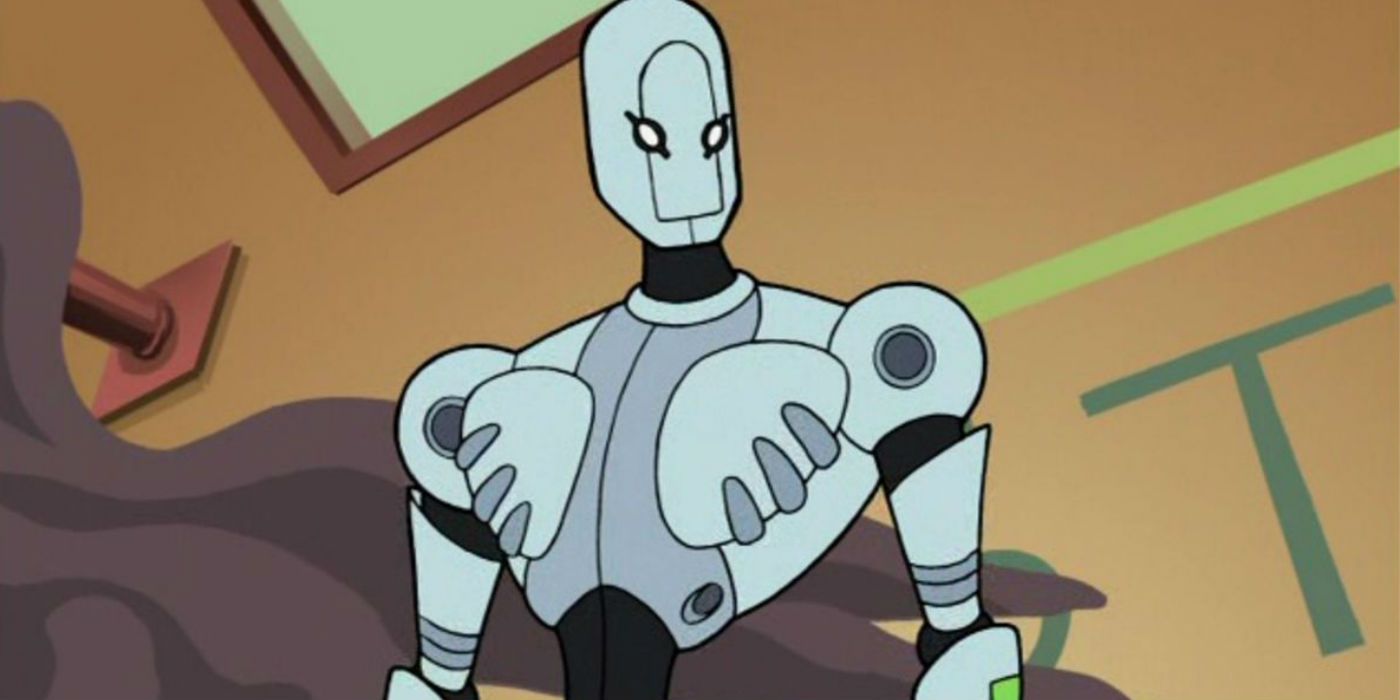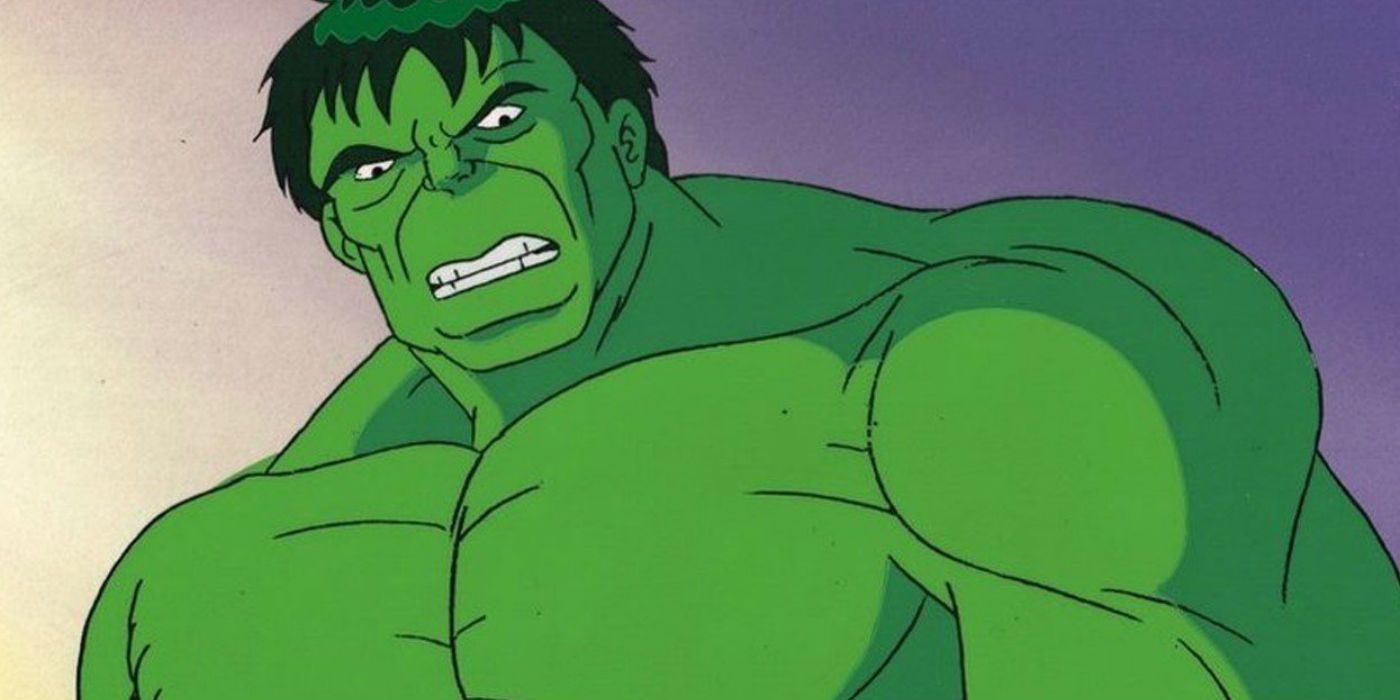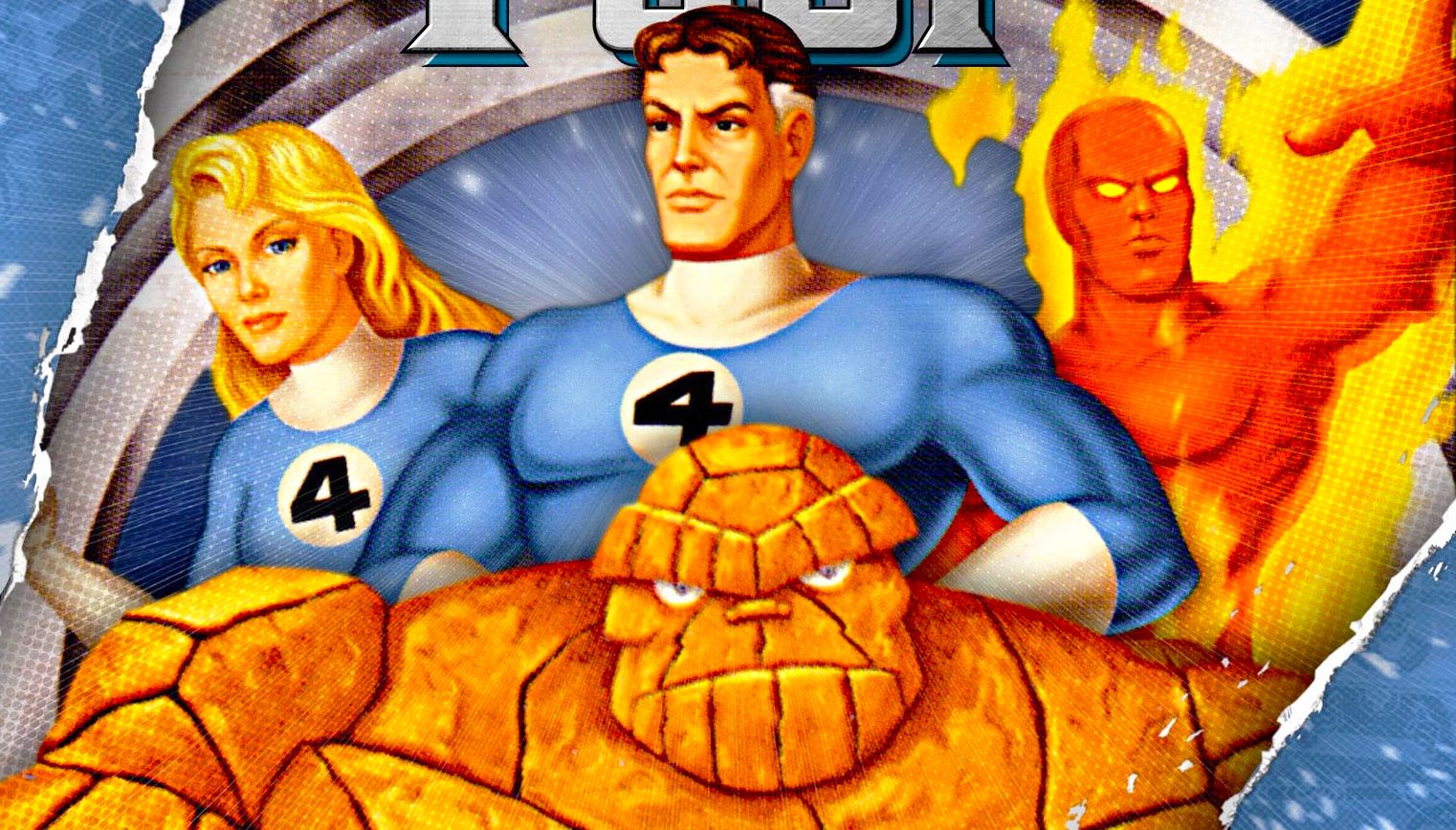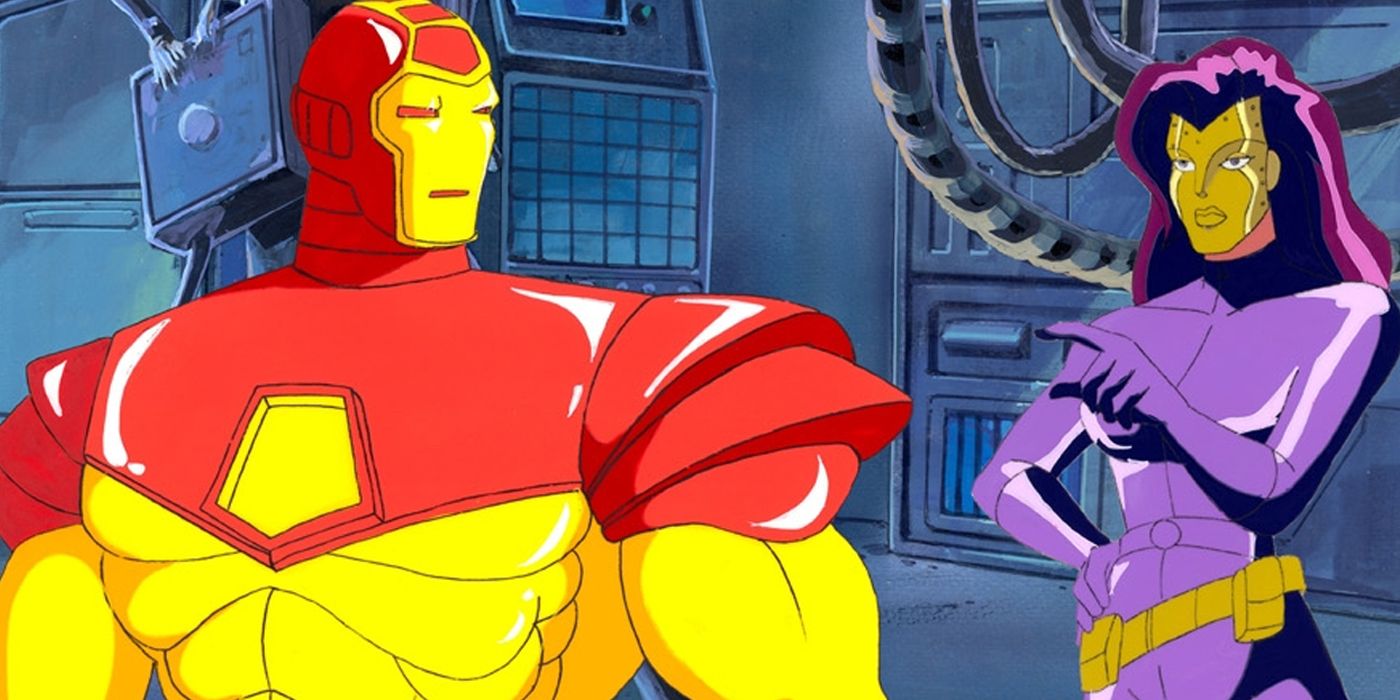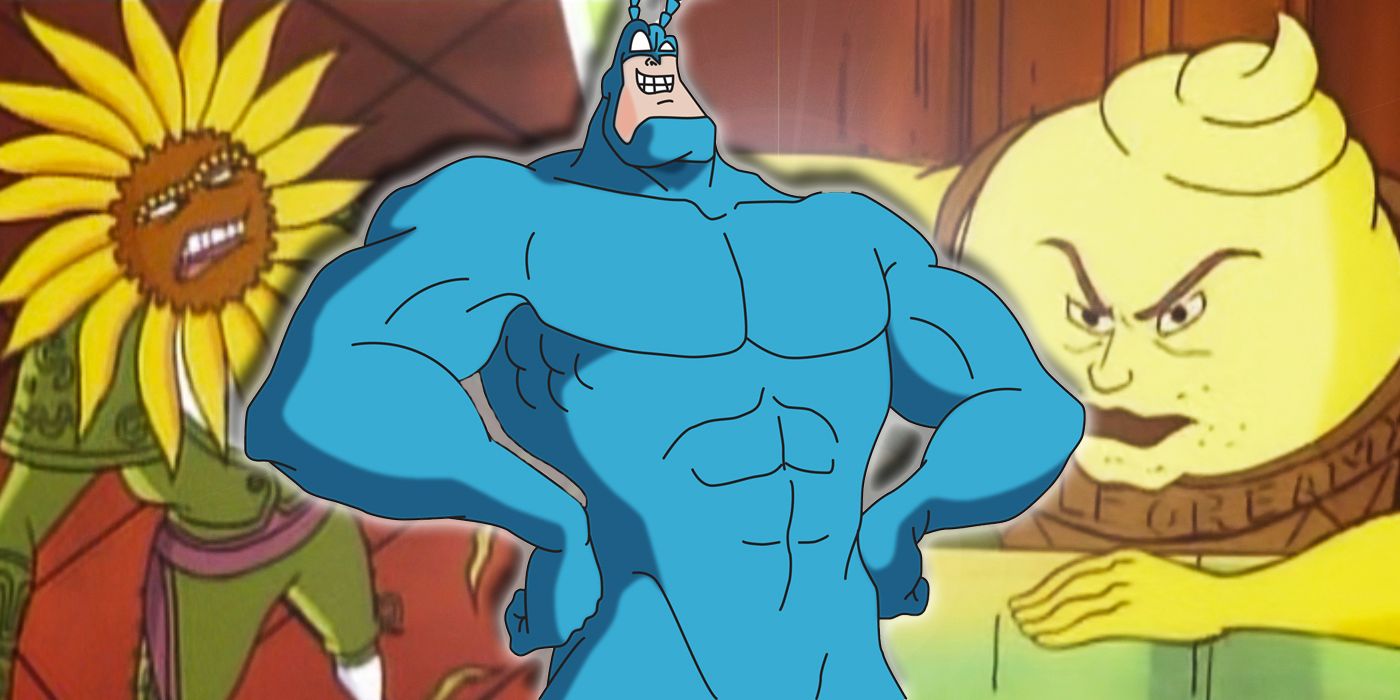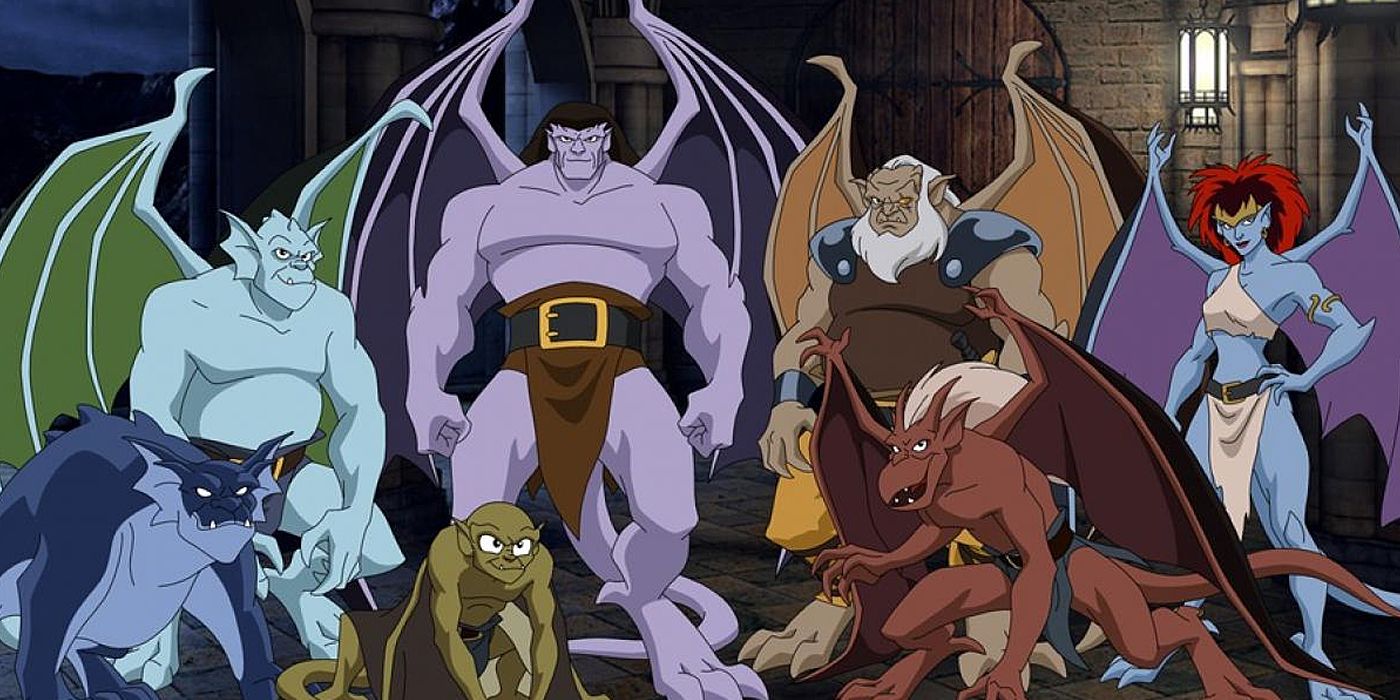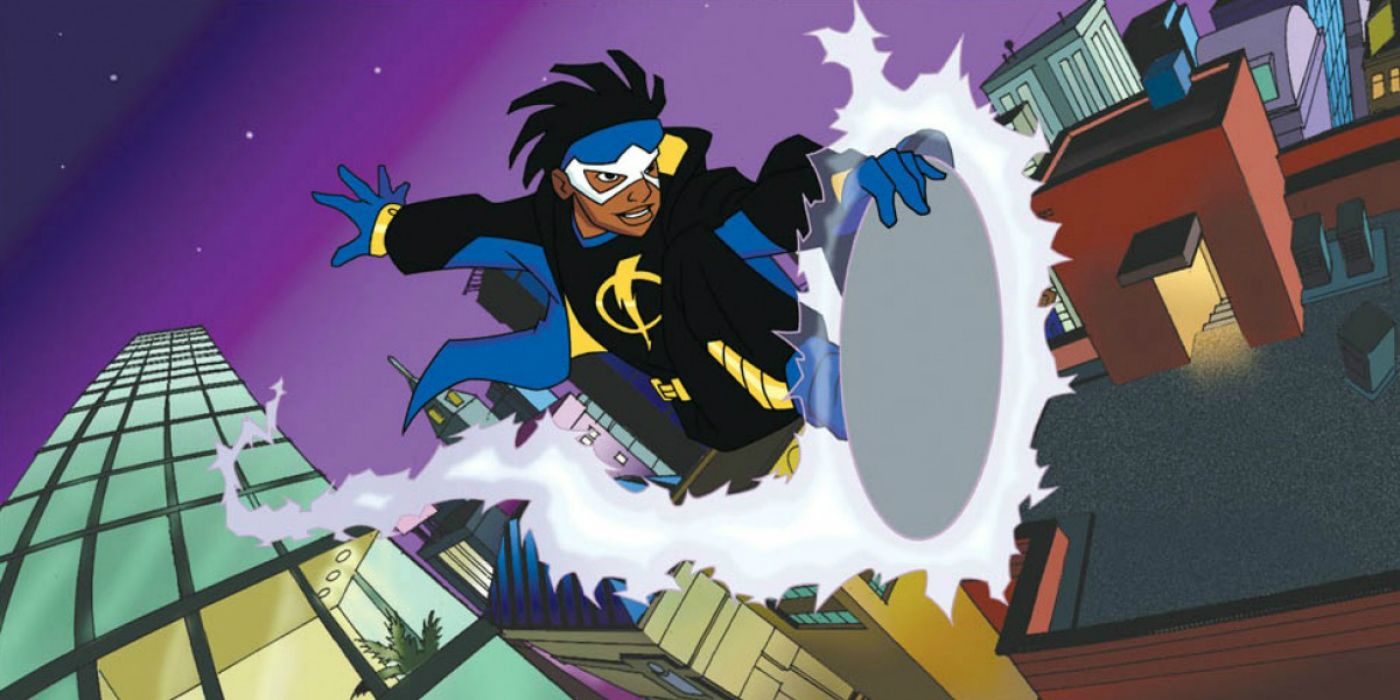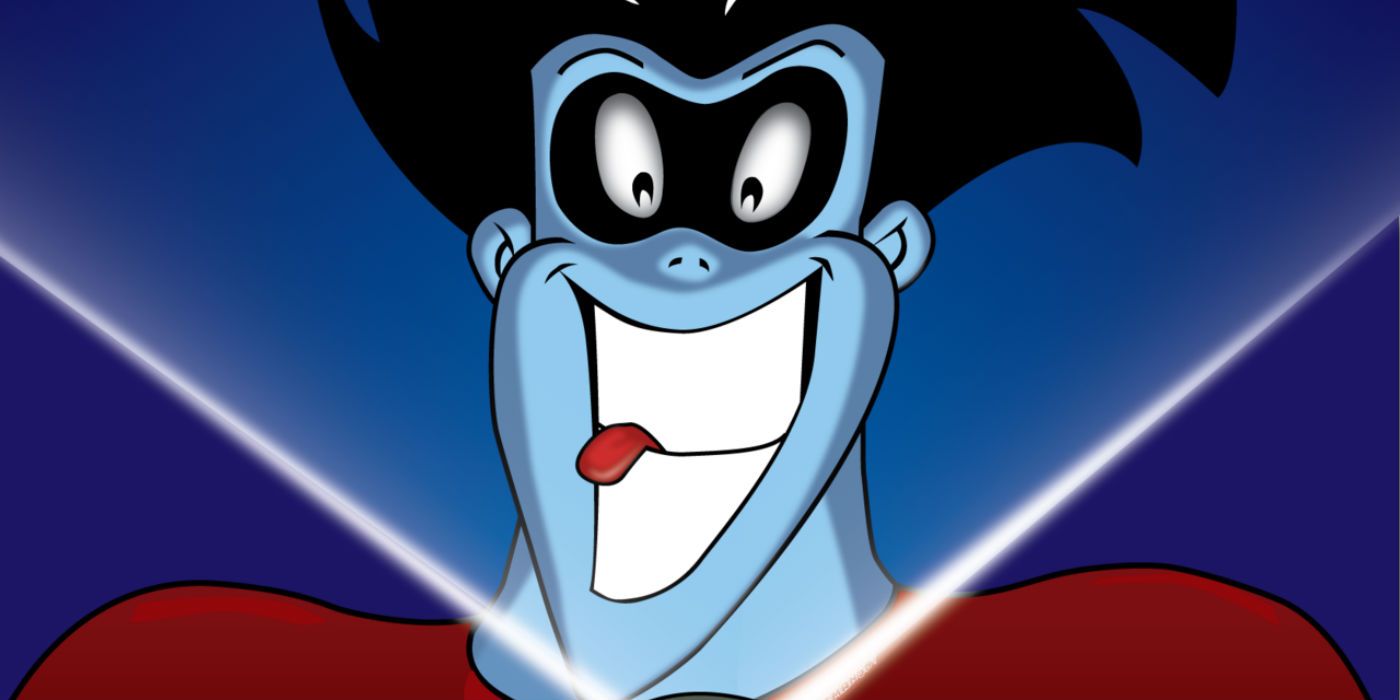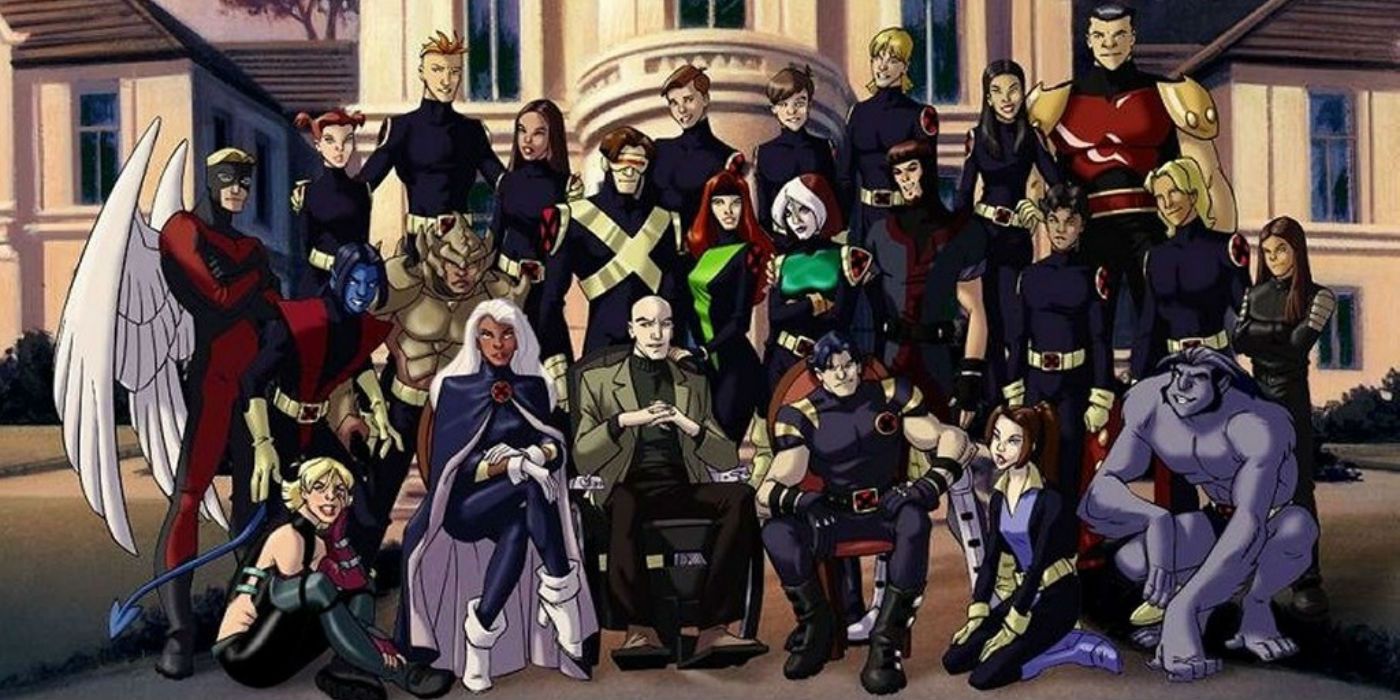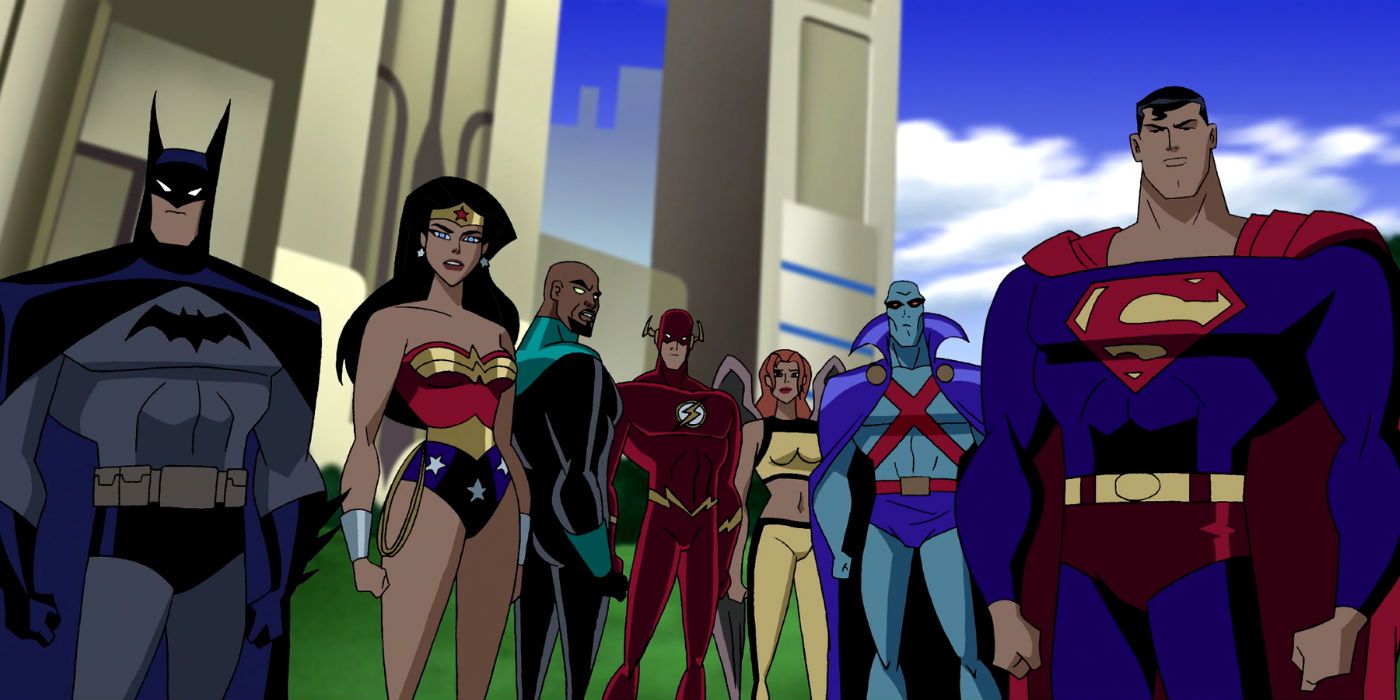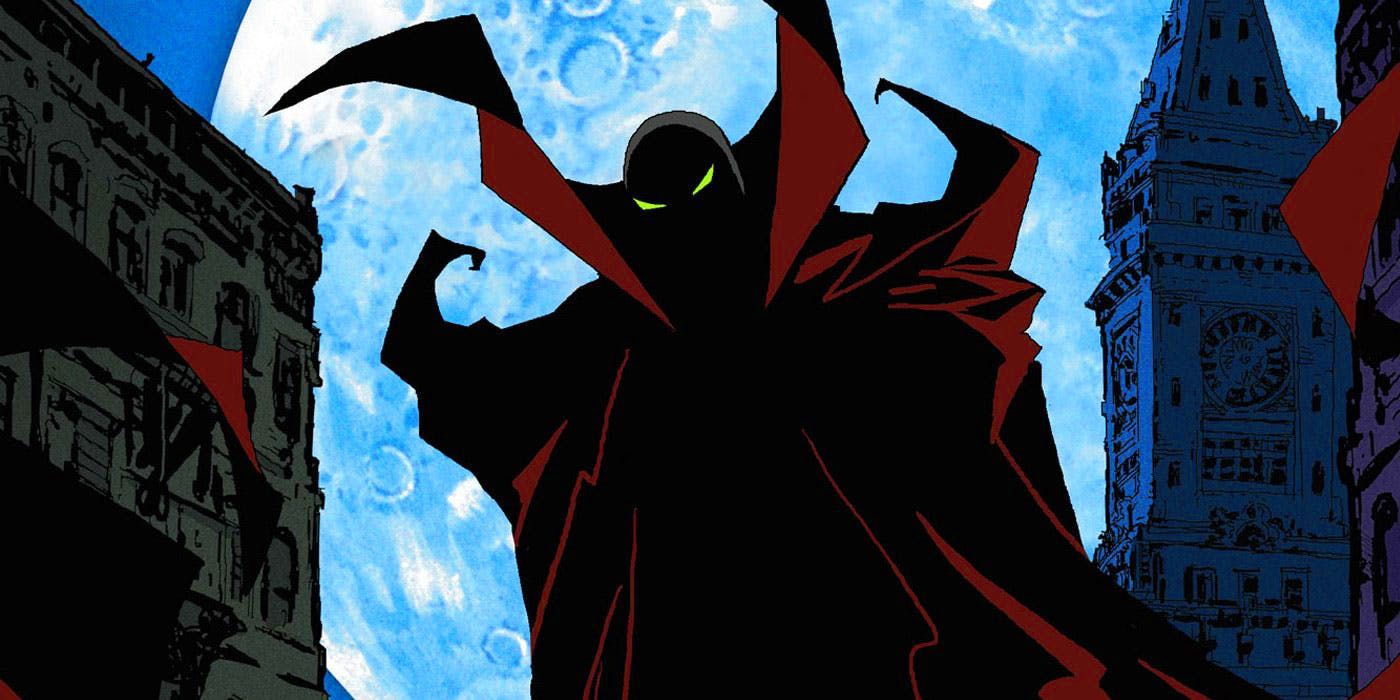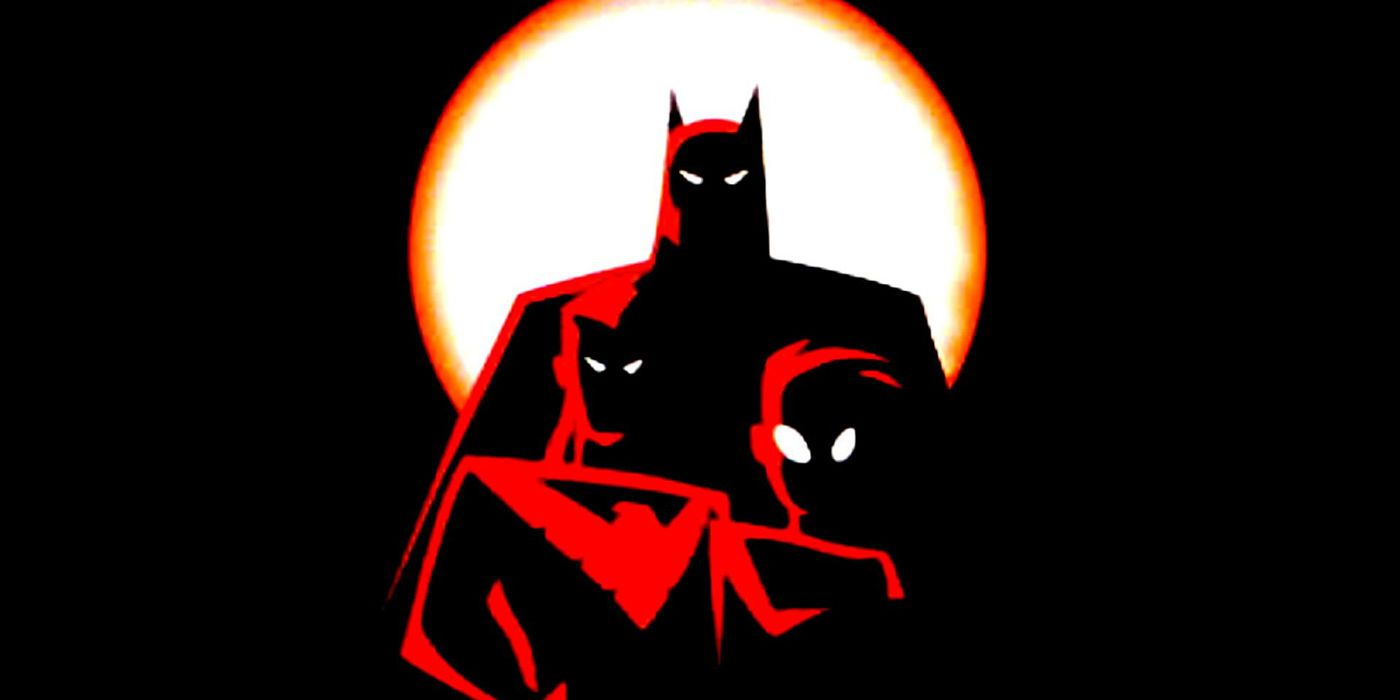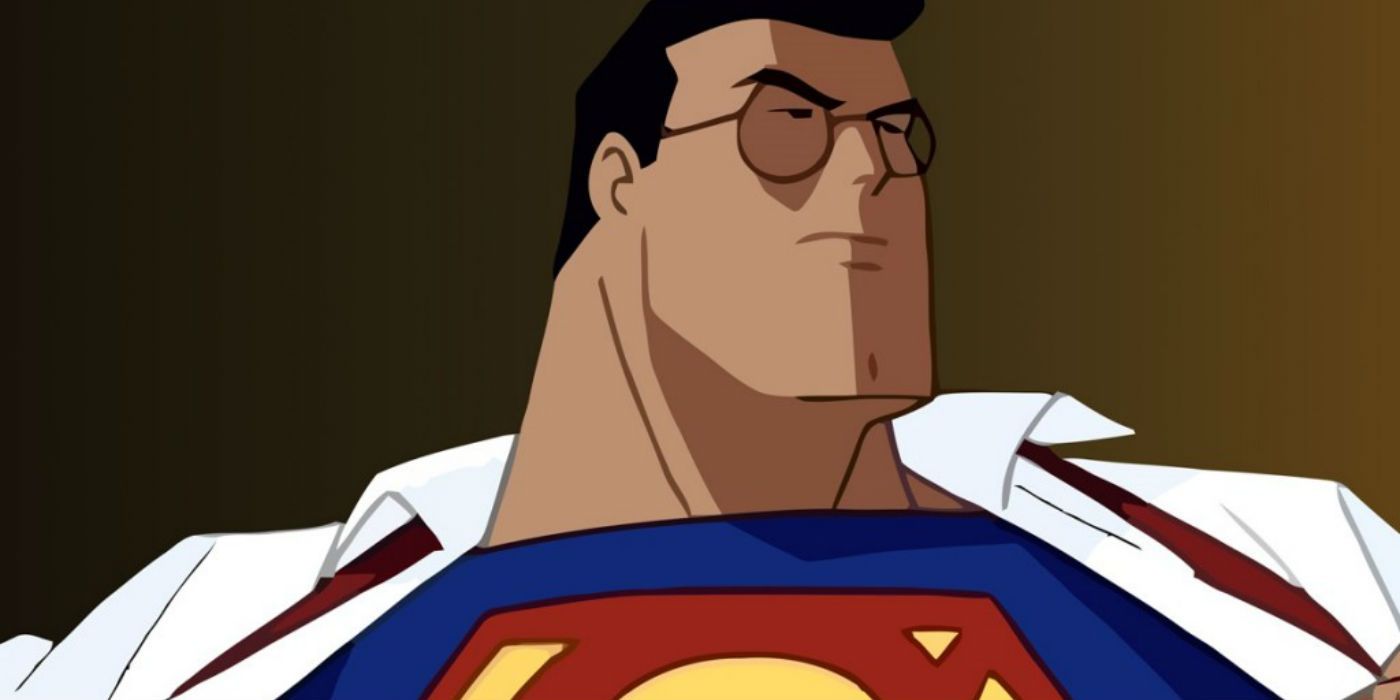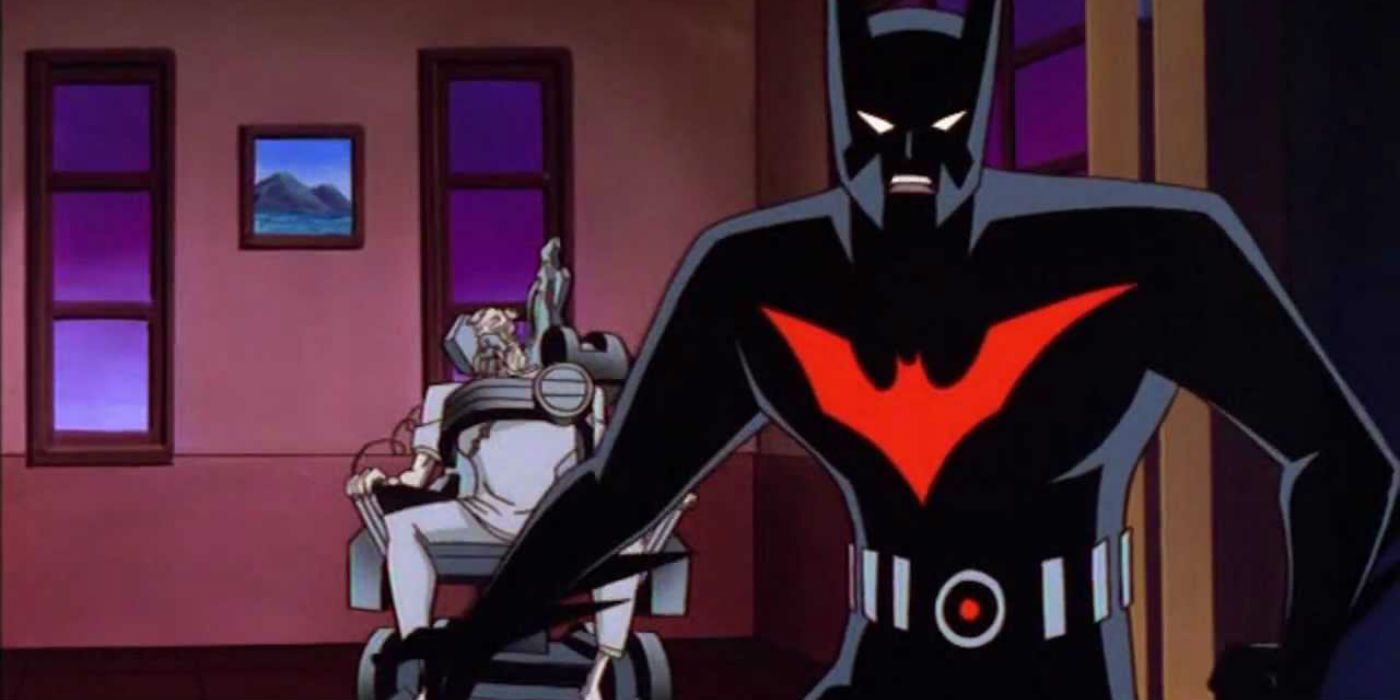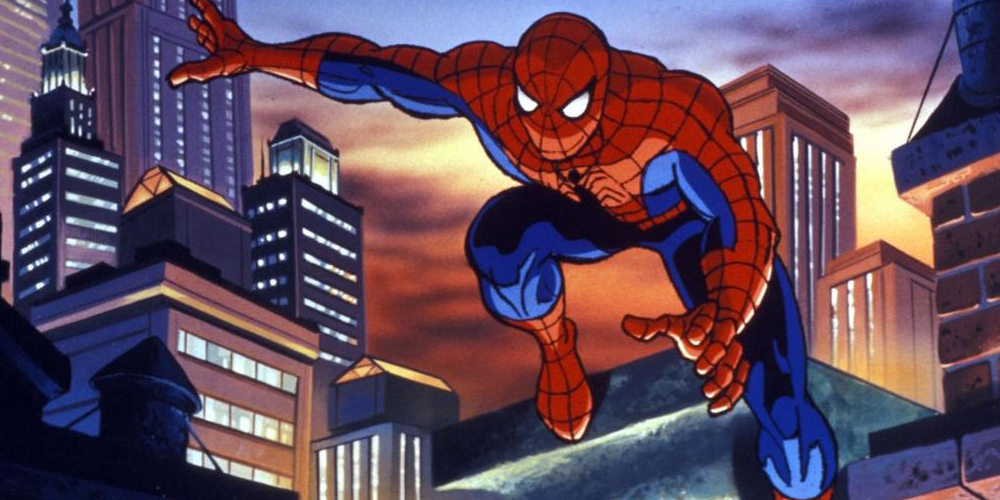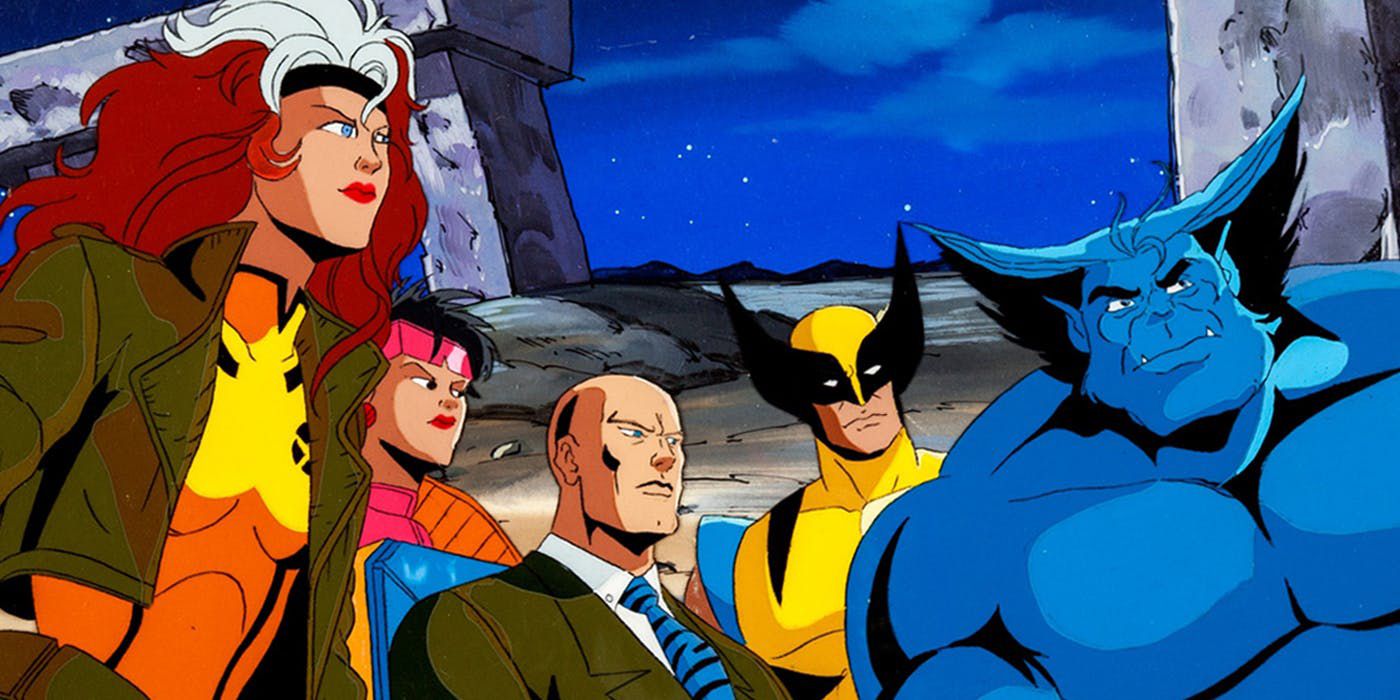When fans think about superhero cartoons, many of us are likely to think of the classics from the '90s and early '00s that shaped the genre and set a standard for many of the cartoons that followed. Those two decades saw a lot of experimentation when it came to comic book cartoons. You'd see dramatic shifts in tone and a lot of risky innovation and not all innovative cartoons were successful, despite how highly fans will speak of them when looking back. That's what we're going to be exploring here: the success of 22 classic superhero shows. Now, success is a difficult thing to measure, so let's clarify a few things.
Obviously, the critical reception of a show will be taken into account, but we'll also have to look at how long each show ran, whether or not it ended because of a creative decision or cancellation and how well it did financially based on the show's ability to sell merchandise. A show may have been beautifully drawn and written, but if it didn't sell merch, it would become too costly for production. These shows will also be ranked according to how clearly successful or unsuccessful they were. So now that that's clear, let's take a look at the shows that actually succeeded and the ones that failed, starting with the show with the poorest performance.
22 TANKED: AVENGERS: UNITED THEY STAND
Thanks to the success of X-Men: The Animated Series and Batman Beyond, Fox produced a new show focusing on a different team: the Avengers. Unfortunately, due to the uncertainty surrounding rights to Iron Man, Captain America and Thor, the leading members of the Avengers would not appear -- at least not as prominent characters. The team was instead led by Ant-Man.
The show only ran for one season consisting of 13 episodes and it failed to garner sufficient numbers in ratings. It was heavily criticized for numerous reasons, from the power up sequences and costume designs to the relationship with said design and the merchandise, which didn't really reflect the costumes seen in the show.
21 TANKED: SPIDER-MAN UNLIMITED
The show is considered a spiritual successor to Spider-Man: The Animated Series but differs greatly from it in almost every way, from its setting and characters to its overall style. The series was set on Counter-Earth and featured the High Evolutionary as its primary antagonist.
This was mostly due to issues concerning Saban Entertainment's rights to the costume design and comic book storylines. Unfortunately for the show, this made it harder to live up to the standard set by its predecessor. It ran for just one season consisting 13 episodes which failed to perform well in ratings, leading to cancellation.
20 TANKED: SILVER SURFER
Running for just one season and 13 episodes, Silver Surfer was praised for its animation style but was nonetheless quick to fade from memory. However, production didn't stop due to poor ratings -- in fact, it actually performed quite well -- but due to a legal dispute between Marvel and Saban Entertainment. Episodes were written for a second season but they were never produced.
Despite the high ratings, Silver Surfer wasn't able to popularize the character. Perhaps if the show had been more successful, we'd be seeing more live-action adaptations of him, like so many other superheroes. As it stands, it might be a while longer before we see a decent Silver Surfer adaptation.
19 TANKED: THE ZETA PROJECT
Zeta was introduced in an episode of Batman Beyond and its positive reception led to a spin-off: The Zeta Project. The series focused on a synthoid designed and built for assassinations. However, the sentient robot questions its purpose and decides that it doesn't want to harm anyone, forcing it to run from its owner, the NSA, and search for its creator with the help of a runaway, Ro.
The show was set in the same universe as Batman Beyond but differed greatly in tone. Despite great reviews, the show ultimately failed after 26 episodes across two seasons. Many would have seen its cancellation coming after it was put on hiatus several times to make way for other short-lived shows.
18 TANKED: THE INCREDIBLE HULK
There were a lot of popular heroes being adapted to animation during the 1990s, so after the rise in standing of superhero shows, the Incredible Hulk was bound to get his own program. The first season of the show explored the complexity of the character and destructive potential of Bruce Banner's green alter ego. Looking back, it's a fair depiction of the Hulk, but networks decided that the first season of the show was far too dark.
The second season saw drastic changes and a shift in focus to She-Hulk in almost completely self-contained stories. The lighter tone couldn't save the show from the poor reception and gradual decline in ratings, which led to its cancellation after just two seasons and 21 episodes.
17 TANKED: FANTASTIC FOUR
The Fantastic Four have always been unique because unlike other superhero teams, they're a family. They have to be balanced with that in mind in every adaptation, and the Fantastic Four series of 1994 found that difficult at first. The first season of the show was over the top and poorly received.
Things changed for the second season but it wasn't enough. Attempts were made to improve popularity through various crossovers with shows like The Incredible Hulk and a number of toys, and while reception improved slightly, after two seasons and 26 episodes, the series was cancelled. After cancellation, the show managed to find new popularity through reruns on Disney's channels and DVD releases after the 2005 Fantastic Four film.
16 TANKED: IRON MAN
Prior to the MCU, Iron Man as a character wasn't that popular outside of comic books. There were attempts to adapt him, like in the Iron Man animated series, but they failed to bring attention to him. Much like many of Marvel's other shows in the 90's, the first season of Iron Man was poorly received because of its campy tone, resulting in drastically different second seasons with one heck of a theme song.
The second season was much more mature and well-received, and managed to sell a few toys, yet the show still suffered from poor ratings, leading to its cancellation after two seasons and 26 episodes.
15 TANKED: TEEN TITANS
This serious had a clear impact on the popularity of the comic book characters on which it was based. Thanks to its balance of maturity and levity, the series earned high praise, running for five seasons and 65 episoes before being cancelled due to unknown reasons. According to producer David Slack, the show was cancelled either because ratings declined after the fourth season or because of issues concerning rights to related merchandise.
The show may have failed in the end but not before being nominated for several awards and spawning a TV movie that served as its conclusion. Its substantial impact on the comics are visible in more ways than one. Changes in character costume design, for example, affected the team in the pages.
14 TANKED: THE TICK
The Tick came seemingly out of nowhere! Based on the New England Comics character, it was an over-the-top, highly praised satirical comedy of the superhero genre. Over the course of its brief run, the show was nominated for several awards, including three Daytime Emmy and five Annie Awards, two of which it won.
Unfortunately for the show, after three seasons and 36 episodes, it was cancelled due to a decline in merchandise sales. Still, it managed to develop a cult following which resulted in multiple attempts at adapting the character to live-action: once in the early 2000s starring Patrick Warburton as the titular character and more recently in 2016 with Peter Serafinowicz.
13 TANKED: GARGOYLES
This may come as quite a surprise for the passionate fans of the series, but Gargoyles ultimately failed after two successful seasons of intrigue, complex characters and expansive mythology. Those seasons were praised by many for introducing a little maturity and complexity into Disney's line of cartoons. It was the third season, The Goliath Chronicles, that ultimately caused the show to come to an end.
Everything from the writers of the show to the main antagonists changed and it didn't sit well with fans or the creators, who consider the third season to be non-canon. The show sold a fair bit of merchandise from action figures to video games and collectable cards. However, because of The Goliath Chronicles, after three seasons of 78 episodes, the series came to an end. It did develop a cult following that continues to celebrate the show.
12 TANKED: STATIC SHOCK
Centered on Virgil Hawkins and his fight against the city's rogue Bang Baby problem, Static Shock introduced a relatively unknown character into the still-growing DC Animated Universe. When the show was first released, it performed shockingly well. After just a month on air it was renewed for a second season and demand for the comic book, Static, increased quite sharply.
The show was nominated for several awards and spawned its own comic book miniseries, but not much else. In the end, that became a problem. Despite the praise and popularity, there was little interest in producing Static Shock-related merchandise, which led to the show's cancellation after four seasons and 52 episodes.
11 TANKED: FREAKAZOID!
After seeing Bruce Timm and Paul Dini's work on Batman: The Animated Series, Steven Spielberg contacted the two to create a new superhero. Dexter Douglas was zapped by his computer and empowered with all the knowledge of the internet (that's the internet of 1995). The show parodied anything and everything from other superheroes to political figures.
Freakazoid! lasted two seasons and 24 episodes before being cancelled. The reason behind its cancellation was poor ratings but the truth in its entirety is just a little more complicated. It was well received, just not by its target audience, which is why even after it ended, it developed a cult following. Another issue was the fact that its time slot kept changing, which significantly affected its performance. After all those issues, even the Daytime Emmy Award it won couldn't save it.
10 TANKED: X-MEN: EVOLUTION
In the early 2000s, Kids WB saw the release of a new adaptation of the X-Men. X-Men: Evolution brought everyone's favorite mutants to television once again, only this time they were younger, less experienced and yet somehow slightly more mature than their animated predecessors. The only exceptions were characters like Xavier, Logan, Magneto, and Mystique and a few others who remained older and wiser.
The show was successful in a number of ways. For example, it introduced X-23, who was soon introduced into the comics and then adapted to live-action in Logan. Unfortunately, all things must come to an end and after five seasons and 52 episodes, X-Men: Evolution was cancelled due to financing issues, according to rumors.
9 SUCCEEDED: JUSTICE LEAGUE
The success of Batman: The Animated Series and Superman: The Animated series culminated in Justice League -- and its follow-up, Justice League Unlimited, which we're also including in this entry -- in which Batman, Superman, Wonder Woman, The Flash, Green Lantern, Hawkgirl and Martian Manhunter banded together to save the world from threats to mere human could ever hope to defeat.
The show in its entirety lasted five seasons and 91 episodes and allowed the DC Animated Universe to end on a high note. It was nominated for several awards and spawned a line of action figures, comic books and video games before its end in 2006. A direct-to-TV film was also in the works but never materialized. The plot for that film was eventually used for Justice League: Crisis On Two Earths, which had nothing to do with the DCAU.
8 SUCCEEDED: TODD MCFARLANE'S SPAWN
Unlike the other animated shows on this list, Spawn, was not aimed at kids. The animated series was a dark and gritty adaptation of the just-as-dark and just-as-gritty comic book character, unashamed of the source material and the morbid (often even grotesque) themes that defined the character of Al Simmons. For those reasons, the series earned high praise and won an Emmy for Outstanding Animated Program.
The series ran from 1997 to 1999, carefully unfolding its story over three seasons and 18 hour-long episodes. There is currently a sequel in the works titled Spawn: The Animation, which will feature the return of Keith David as the voice of Simmons as well as Mark Hamill as Twitch. As of yet, there is no news as to when the sequel series will air.
7 SUCCEEDED: THE NEW BATMAN ADVENTURES
A while after Batman: The Animated Series ended, two new shows took its place, one of them being The New Batman Adventures, which featured the same voice actors as its predecessors but a different overall style and direction. For example, many of the episodes shifted focus away from Batman, so other characters could have time in the light.
The show won two Daytime Emmy Awards over the course of its run of two seasons and 24 episodes and spawned several video games such as Batman Vengeance and Rise of Sin Tzu among other merchandise. Though successful, the show seems to have ended simply to make way in the expanding DCAU for a new Batman in Batman Beyond.
6 SUCCEEDED: SUPERMAN: THE ANIMATED SERIES
The success of Batman: The Animated Series led to several follow-up shows such as the animated Superman, which focused on Clark Kent's life in Metropolis as he fought against the likes of Brainiac and his nemesis, Lex Luthor. In order to keep the show exciting, the character was shown to be less powerful than his comic book counterpart. The show established Tim Daly as one of the most notable voices of Superman, ever.
The series only lasted three seasons and 54 episodes, but managed to win two Daytime Emmy Awards (together with The New Batman Adventures). The success of both of those shows helped to grow the DCAU and resulted in the Justice League animated series.
5 SUCCEEDED: BATMAN BEYOND
Bruce Timm, Paul Dini and Alan Burnett decided to explore what Batman's legacy would be. Batman Beyond was thus created and explored the Gotham of 2039. At that point, Bruce Wayne had retired as the Batman long ago and petty criminals fear almost nothing. That is, until Terry Mcginnis stumbles into the Batcave and through fate becomes the Batman of the future.
The show received praise for its protagonist and its ability to appeal to a young demographic while maintaining a more mature tone, earning it two Daytime Emmy Awards. Several toys and video games were spawned and at least one spin-off show before the series ended after three seasons and 52 episodes. The reason behind its end was because it was set to be replaced by Justice League, which is why one episode of Justice League Unlimited, "Epilogue," serves as the unofficial end of Batman Beyond.
4 SUCCEEDED: SPIDER-MAN: THE ANIMATED SERIES
One of the most popular adaptations of Spider-Man is the 1994 animated series. The show adapted several classic stories from the comics and featured many classic villains from Spider-Man's rogues' gallery as it followed Peter Parker's life from the end of high school into adulthood.
Despite a few flaws (mostly related to animation), over the course of five seasons and 65 episodes, the show managed to maintain notably high ratings, earning it several awards. The reason behind its cancellation was not due to poor ratings but due to a disagreement between executive producer Avi Arad and head of Fox Children's Network, Margaret Loesch.
3 SUCCEEDED: X-MEN: THE ANIMATED SERIES
After the failure of the animated pilot, Pryde of the X-Men, Margaret Loesch was eager to develop an X-Men series. X-Men: The Animated Series was created, and thanks to its relatively mature tone and purposeful storylines, the show quickly found success over the course of its first season, despite the initial production issues, and made a lasting impression on fans everywhere. The proof of that is the fact that the theme song is probably playing in your head right now.
The show was a merchandise titan with a successful spin-off comic book series and a lot of video games and action figures. We can't forget that the success of the series was one of the reasons why almost a decade later, there was an X-Men film, which it turn redefined the genre of comic book films. The series ended after five seasons and 76 episodes with the passing of Charles Xavier.

